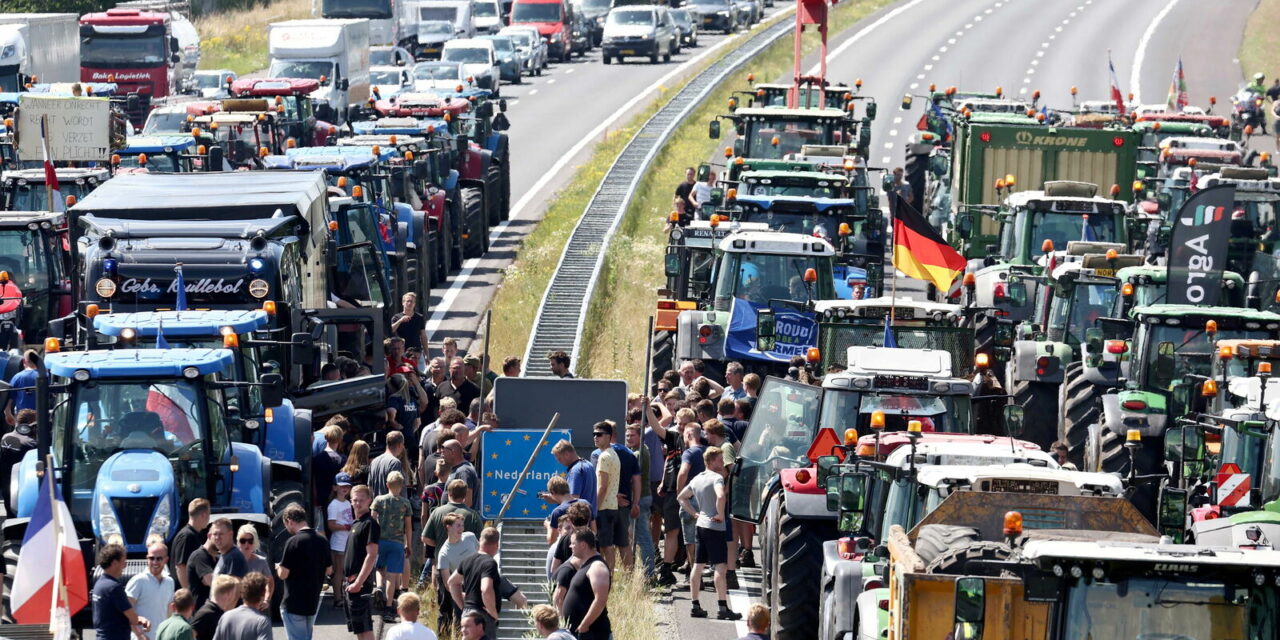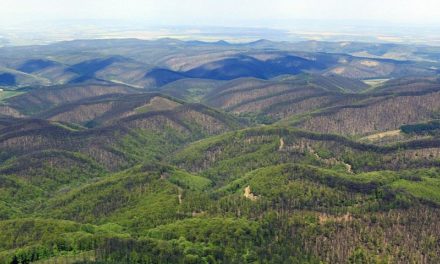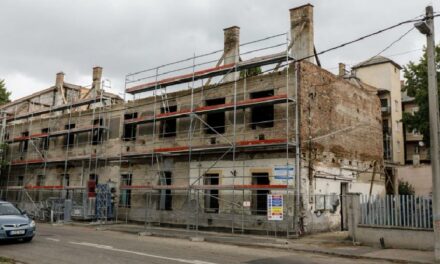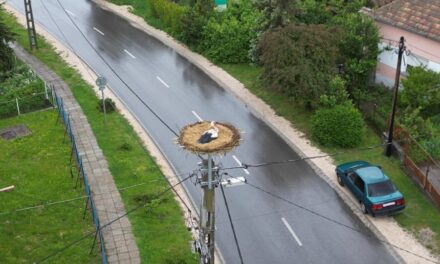We can witness discontent erupted in the Netherlands due to unusual agricultural problems. The struggle is taking place between the producers who provide the daily food supply, and the hard-left civil and political elite in the big cities who want to impose a radical Marxist climate policy on them.
One of the farmers' advocates also pointed out that the government is planning new residential areas in place of farmland to deal with the serious housing crisis that has developed as a result of its headless immigration policy.
The Western activist press usually explains the opposition to farmers' inability to develop and their insensitivity to the problems caused by climate change. Some journalists also accused the protesting producers that certain radical ideas are beginning to spread in their ranks and that this is driving their movements. It almost goes without saying that we are witnessing the consequences of Prime Minister Mark Rutte's flawed climate and immigration policy, one of the leaders of the European liberal elite.
Demonstrations have been taking place in several parts of the Netherlands for weeks, road blockades and shots have already been fired during one of the producers' actions, and the farmers have promised new demonstrations this week, even more radical than the previous ones. Mock negotiations have taken place in recent weeks, but since Mark Rutte's liberals excluded the Producers' Defense Force (FDF), which represents 95 percent of the industry, from the negotiations for almost incomprehensible reasons, the FDF promises a tough response.
Dutch agriculture is perhaps the most developed industry in the world, the technological solutions and environmentally friendly philosophy of the Dutch industry, which produces 105 billion dollars a year, have been admired all over the world. Even this was not enough for the radical climate organizations that influence the VVD ruling party, and they came up with the demand that the farmers, who already produce at the top of technological solutions, reduce the industry's nitrogen emissions even more strongly.
Van Maanen pointed out that even thirty years ago, environmentalists were warning that nature would soon suffer permanent and irreversible damage due to nitrogen emissions. According to the Dutch farmer, however, thirty years later, nature is still here and is mostly in very good condition.
According to the Dutch farmer, in addition, the government and the authorities do not allow any innovation in agriculture, and this also proves that nitrogen emissions are just an excuse to achieve another, hidden goal. According to Van Maanen, left-wing Dutch parties, together with their global ideological partners, want to destroy livestock farming as such. Instead, they would like to feed people plant-based foods and get people used to a vegetarian lifestyle.
Van Maanen also pointed out that 62 percent of the territory of the Netherlands is now used for agriculture, a part of which is now claimed by politicians and NGOs. If the farmers are driven from the land with their unfulfillable demands, the value of the land will decrease significantly. According to the Dutch producer, they want to achieve this because they need new plots of land for housing construction. The farmer believes that the Dutch do not need these many new residential buildings, as the average Dutch couple currently has only 1.6 children, which would not justify this large real estate investment.
He stated that this can only be explained in one way, namely that hundreds of thousands of immigrants are coming to his country, for whom the state wants to provide housing at the expense of local producers.
Jeroen van Maanen believes that if the government is able to implement its measures, 40-50 percent of farmers may lose their livelihood. The government, on the other hand, is not at all interested in the problem of the producers and that they are endangering the safety of the food chain. That's why the producers have taken to the streets now, and that's why they're resorting to more and more powerful tools, added the Dutch milk producer.
Mark Rutte's liberal VVD party currently stands at 25 percent compared to 36 last year. In second place, neck and neck, is the new party formed by farmers, the Farmer-Citizen Party (BBB) with 17 percent, and Geert Wilders' Freedom Party (PVV) also with 17 percent.
Source: Magyar Hírlap
Featured image: MTI/EPA












